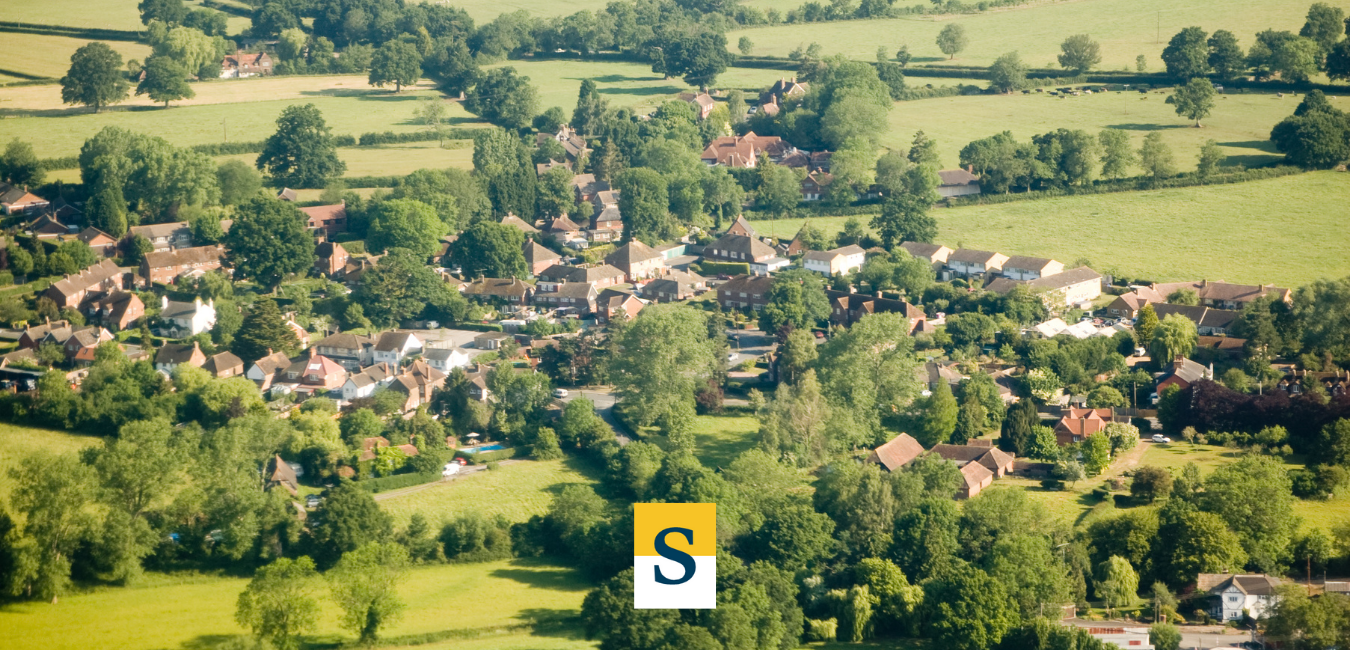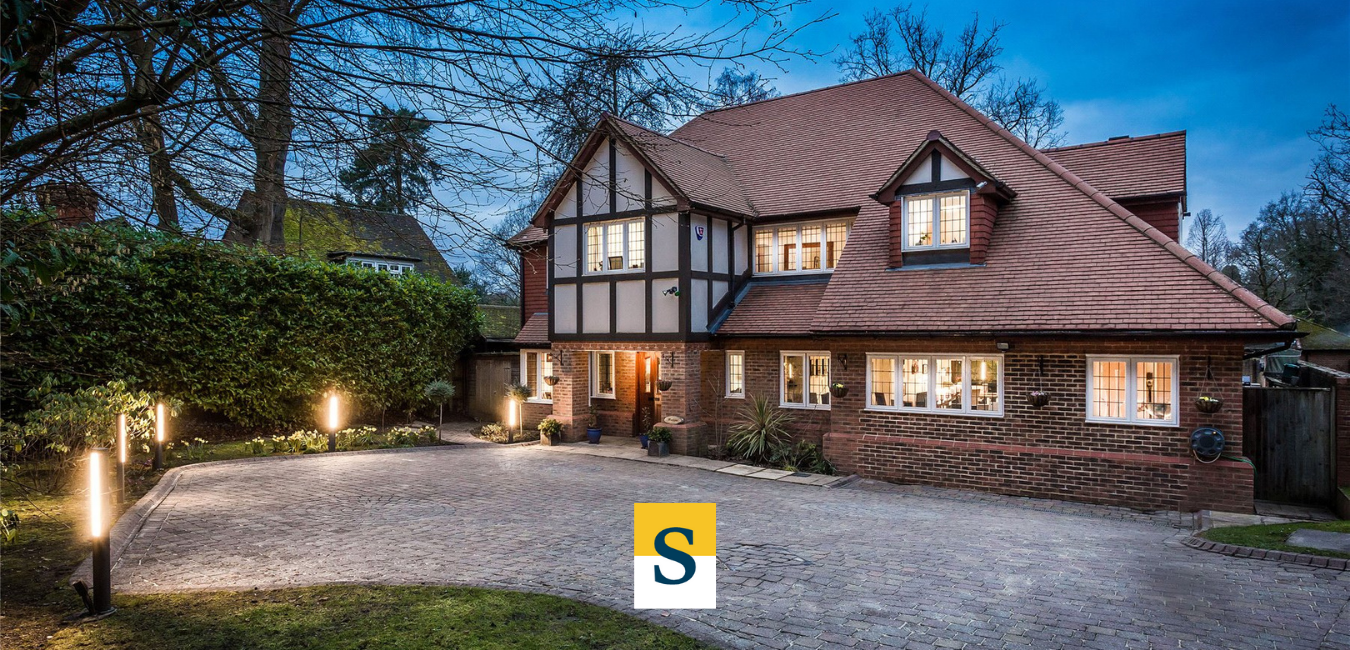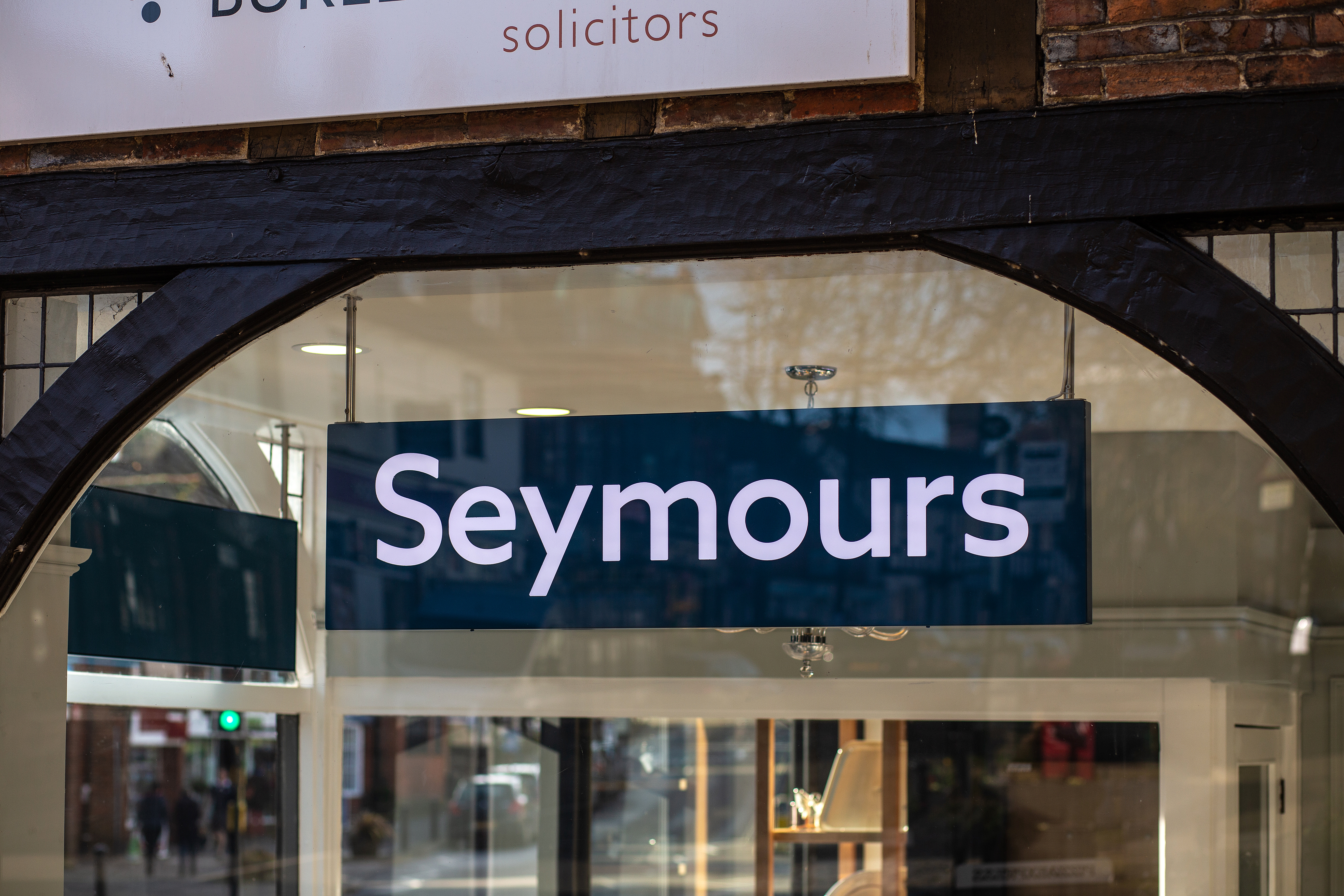House Prices in Surrey: What Does the Value of Property Really Mean?
25 June, 2021
The media regularly report and comment on the state of the property market, but this is often done without a good understanding of how the different property indices measure the change in price. Even in a steady market, these estimates can vary dramatically. You can, therefore, be left struggling to understand the house prices in Surrey – or elsewhere for that matter, whether you be a buyer or seller.
Whilst it’s impossible for us to specify exactly how you can understand the price of a property in just one article, our Seymours team will be outlining the basics to ensure you can confidently enter the market with the necessary knowledge at hand. From outlining exactly what a guide price is to what is included in a house sale, we’ll be providing you with the need-to-know information.
What does “guide price” mean?
Before we delve specifically into the house prices in Surrey, it’s important to understand what a guide price refers to. Simply put, the guide price refers to the approximate amount the owner hopes to achieve. Specifically with high-value homes, this term tends to be favoured when suggesting a price level or range along with offers in the region of (OIRO) or offers in excess of (OIEO).
Guide prices are often used by estate agents as a way to encourage potential purchasers to view a property; particularly if a home has real-selling potential, a guide price will allow the owner to see what offers come into their agents over a few weeks. From there, the seller will be able to form a fully rounded picture of what sale price may be achievable, after also taking into consideration opening offers and negotiations.
Experienced estate agents will usually have a high level of understanding of both local interest and of what their client is likely to accept. So, a guide price may be utilised to set a base level, thereby ensuring only those with real interest visit the property.
Alternatively, a seller might choose to list a guide price when there are disagreements in regards to the market value of their property. The seller may expect to achieve a sale higher than the estate agent’s valuation, whilst the estate agent believes the seller will have to accept a lower sum. When selling your home, it’s vital you work with an estate agent that you trust and whose expertise you listen to – your estate agent should be working with you to achieve the best possible sale price and they will have the experience to do so, but they should also not discount your input completely.

What is included in a house price?
There are a number of fees associated with buying a new property, including the cost of moving home, your deposit and solicitor fees. These tend to be forgotten when both buyers and sellers begin researching house prices in Surrey, but these components can quickly add up and see you overstretch your budget.
Typically, a house price will include simply the property – the bare bones, unfurnished to allow you to personalise the space with your own belongings. You would seemingly, therefore, think house prices are rather simple to calculate. But, one home could, in theory, have four prices recorded by the different indices, for example:
- price #1: Asking price £199,999 (Rightmove)
- price #2: Offer price accepted £190,000 (Hometrack)
- price #3: Mortgage valuation £185,000 (Halifax/Nationwide)
- price #4: Final agreed price £187,500 (UKHPI/LSL Acadata)
Suddenly, understanding house prices in Surrey – or elsewhere, is a lot more complicated than originally thought! And, what other upfront costs will you face when buying or selling a property?
Stamp Duty
Stamp Duty is a tax you might have to pay if you buy a residential property or a piece of land in England over a certain price. From 1 October 2021, you’ll pay no Stamp Duty on properties costing up to £125,000, unless you’re a first-time buyer. A first-time buyer will be subject to lower rates and will pay no Stamp Duty on properties worth up to £300,000. There are several different bands and rates which are often updated, so speak to your estate agent or use a stamp duty calculator if you are struggling to determine this cost.
Deposit
The deposit is the amount you put towards the cost of the property when you buy your new home. On average, you need at least 5% to 20% of the purchase price to secure the property. So, for example between a £10,000-40,000 deposit if the asking price is £200,000 for a home. Generally speaking, the bigger the deposit you can put down, the more likely you are to be given a mortgage (subject to a mortgage assessment), and the lower your interest rate is likely to be.
Valuation
A mortgage lender will assess the value of the property, allowing them to establish how much they are prepared to lend you. Usually, this costs between £150-1,500 and is based upon the property’s value however, not all lenders will charge you for this service. Be aware that this is not a full structural survey, so it may not identify essential repairs or maintenance requirements.
Surveyor
Before committing to buying a property, it’s essential you have it checked by a surveyor. This will reveal any potential problems before you finalise your purchase. Surveys range from a basic home condition costing around £250 to a full structural survey from £600 or more. And, whilst it may be tempting to forego this additional cost, paying for a good survey could save you further expenses in the long run.
Legal
You’ll usually need a solicitor or licensed conveyor to perform all the legal requirements when buying and selling your home. These are typically in the range of £1000 but can vary dependent on your location – they’ll also do local searches, which will cost you roughly £250, to check whether there are any local plans or problems.
Estate Agents
The cost is only paid by the seller, not the buyer, and covers the estate agents services – from marketing to negotiations. It will typically be agreed upon when the property is initially placed on the market and ranges depending on the experience of your estate agent and the final sale price. Remember, whilst it can be tempting to work with an estate agent that has a lower commission rate, you may significantly lose out on the overall price achieved.
Removal
Of course, this cost can be reduced if you choose to do this yourself but, if you want to avoid the stress of organising a van and assistance independently, you’ll be looking at an additional £600 for removal services.
House prices in Surrey: How has the market changed and what does it mean for you?
House prices vary by property and postcode; as an affluential area, Surrey house prices tend to err on the higher end of the property market at around £500,000 but this should not deter those hoping to move to the area should this be above their budget. There are a number of other factors to take into consideration:
- Land prices and availability
- Supply and demand
- Infrastructure
- Developer capacity
- Mortgage availability
- Economic performance
- Wages and employment
And, perhaps most importantly, consumer confidence. If confidence in buying or selling a property falls, then it’s likely that prices will fall as a result. Currently, we are in a market peak as you can see from the below statistics:
- Zoopla estimates that overall house sales in 2020 increased from approximately £238bn to £300bn in value
- National house price growth is running at a three-year high of 3.9% – the highest rate since August 2017 and up from just 1.3% in 2019
- Asking prices rose 6.6% year on year in 2020 according to Rightmove
Whilst we’ve faced an unpredictable year, the housing market has continued to boom, thanks in part to the stamp duty holiday provided by the Government. It’s worth taking predictions into account, but this should not completely influence your decision, particularly if you plan to live in the property for 10-20 years. For most, getting the right roof over your head at a price you can afford is often more important than trying to time when you enter or exit the market.

Working with Seymours: Surrey’s expert estate agents
Our Seymours team have nearly 30 years of experience selling properties within the Surrey area. So, we have the expertise and experience to accurately value your home to ensure you can sell your property with confidence. House prices can seem confusing, with new reports released daily attempting to debunk another’s view; but with the right guidance, you can enter into the housing market with an understanding of different property prices.
Sell your property with the experts today: choose Seymours Estate Agents.
If you’re looking for free market advice or want to sell your home with an estate agency you can trust, get in touch with the team at Seymours using this contact form, or call us at one of our 19 dedicated branches here.